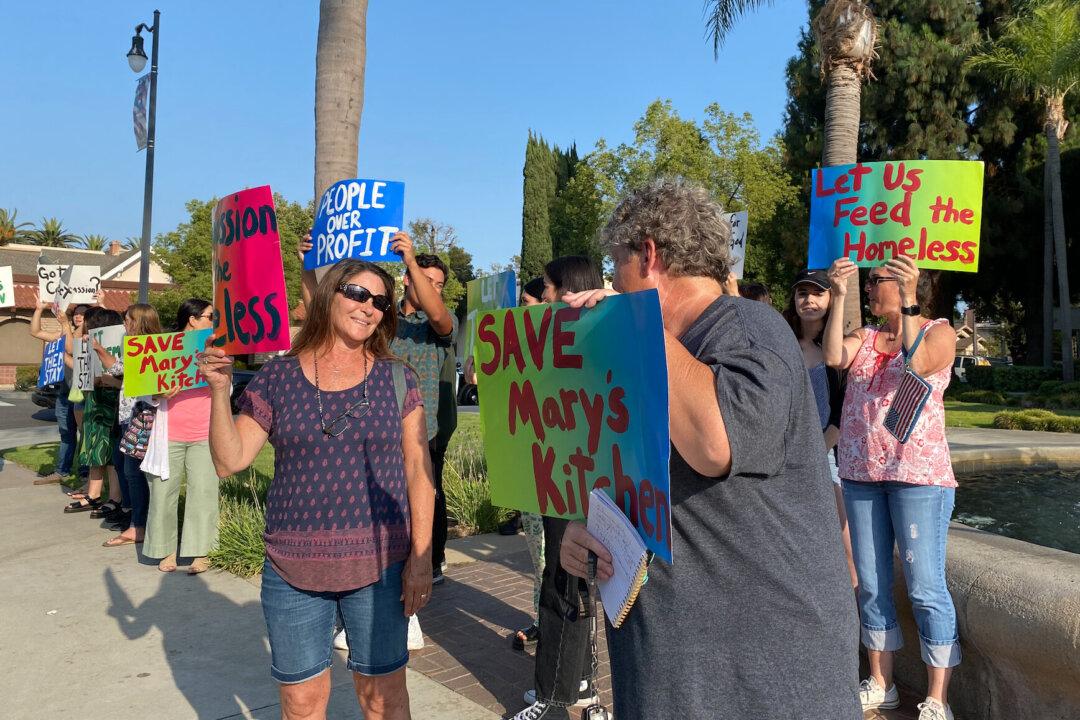As the national conversation about “cancel culture” continues to heat up, one Southern California lawmaker is tackling the issue through policy.
State Sen. Melissa Melendez (R-Lake Elsinore) said her constituents have told her they experience “cancel culture” shaming for their political affiliations. They worry they’ll be discriminated against in various ways for their affiliations.





